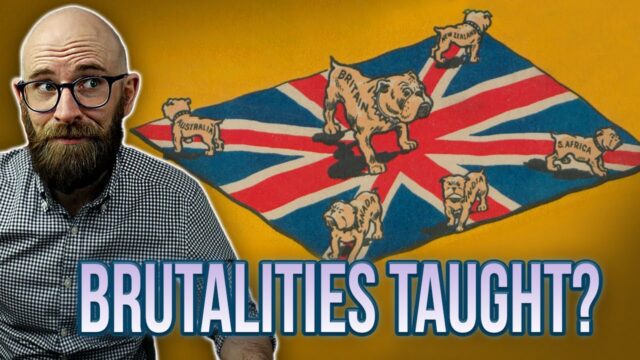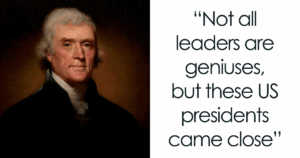“Unveiling the Forgotten Lessons: How British Schools Shape the Narrative of Empire”
In 1991 Prime Minister Margaret Thatcher introduced a ‘National Curriculum’ to introduce some standardisation across all subjects. In her memoirs, Thatcher claimed that it had been easier to fight the Argentinians in the Falkland Islands than to agree on a National History Curriculum with teachers and historians.
Her Secretary of State for Education, Kenneth Baker, had some clear views on how to portray the Empire in the new curriculum: âPupils should be taught about the spread of Britainâs influence for good throughout the empire in the eighteenth and nineteenth centuries⦠These things are matters in which we should take great prideâ
But the end result was a syllabus which covered the history of Great Britain in chronological order, yet leaving ample discretion to teachers on what topics to cover in detail. Once again, a holistic history of the Empire was largely left out, with the exception of slavery.
The National Curriculum for History was revised in February 2013, by David Cameronâs Conservative government. The proposal for renewal of the syllabus included topics such as English colonisation of the Americas and India, the occupation of Ireland and a large module called âBritainâs global impactâ in the nineteenth century â, which would span the scramble for Africa, expansion in central Asia and the Indian Subcontinent and the Boer Wars.
Despite it mentioning âthe 19th Centuryâ, the module would also include the post-WWII independence movements and the immigration into Britain of citizens from Commonwealth countries. The overall intention was to accord more importance and time to the Empire, with exhortations from the cabinet to present it in a largely positive light.











